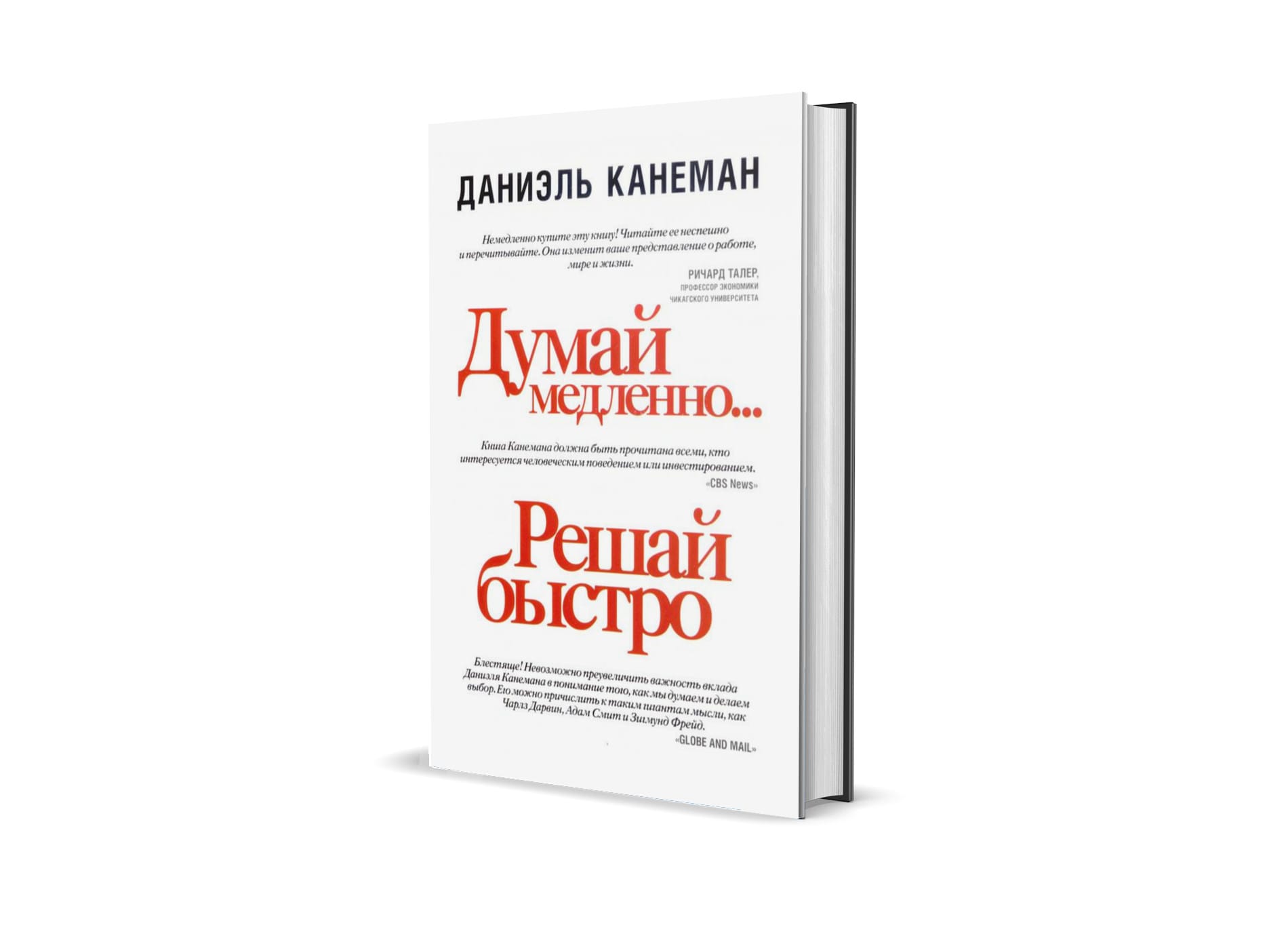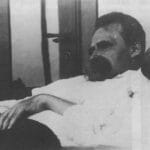In 2002, Daniel Kahneman received the Alfred Nobel Prize in Economics for “the application of psychological techniques to economics, particularly in the study of judgment and decision-making under conditions of uncertainty.”
Excerpt for reference
Anything that facilitates the work of the associative mechanism distorts the assessment. Frequent repetition is a sure way to make people believe lies because it is not easy to distinguish between the truth and the feeling of something familiar. Authoritarian regimes and marketers have known this for a long time, but psychologists have discovered that a statement doesn't have to be repeated in its entirety to be credible. People who have often heard the words “chicken’s body temperature” more easily accept the statement “the chicken’s body temperature is 62°” (or any other number) as truth. A single familiar phrase in a statement is enough to make the entire statement seem familiar and therefore true. If you can't remember where you heard it and can't relate it to other facts you know, you can only rely on cognitive ease.
The book describes two systems of our thinking - fast (automatic, instinctive) and slow (analytical, responsible for complex calculations). The author explains how these two systems work together and why we often tend to mistakenly believe certain statements without even trying to analyze them.
As the author himself writes in the introduction, this book is not at all an attempt to discredit the human mind - after all, for example, the discussion of diseases in medical texts in no way denies good health. But Kahneman explains how to ensure that unconscious instinctive thinking does not prevent us from making informed decisions based on logic and facts, and not on speculation, myths and other people's assessments.
You can download or read the book at link.






